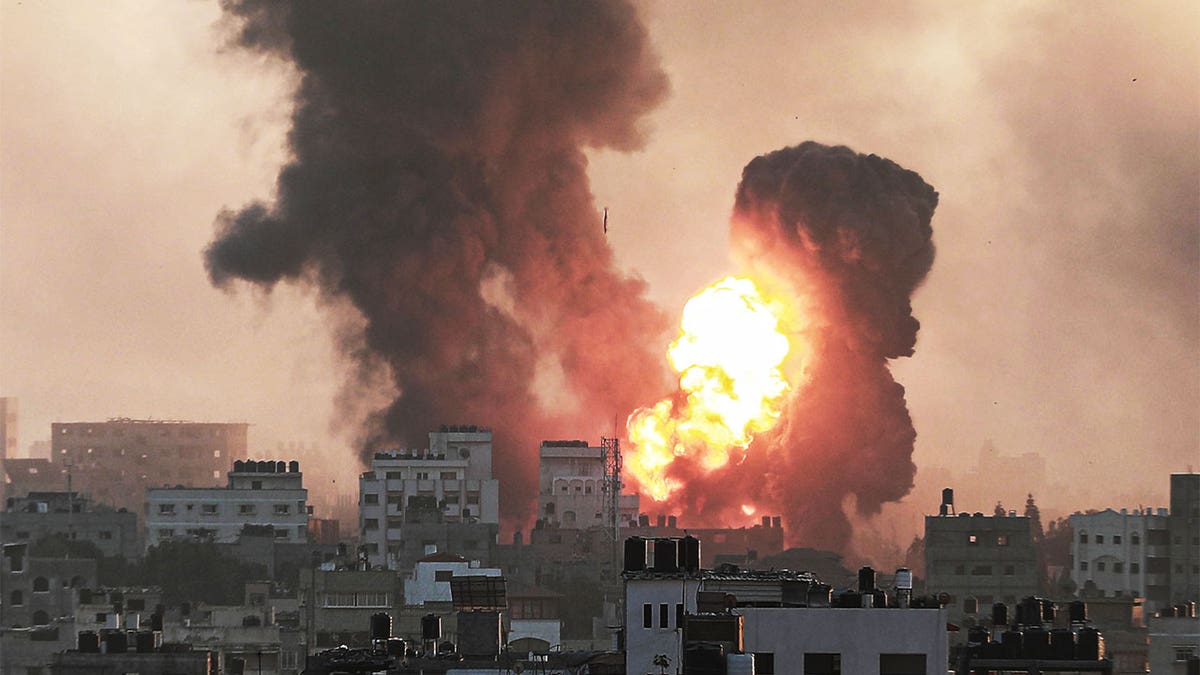The recent ceasefire and hostage exchange agreement between Israel and Hamas has brought a mix of relief and apprehension. While the phased release of hostages offers a glimmer of hope, questions linger about the deal's long-term implications for regional security.
The initial phase, commencing on Sunday, will see the return of three hostages to Israel. Subsequent phases will address the remaining hostages, both living and deceased. However, the agreement has sparked debate, with some criticizing the phased approach and others expressing concerns about the concessions made to Hamas.

Retired IDF Major General Yaakov Amidror acknowledged the deal's imperfections, describing it as "bad but necessary." He emphasized the absence of a perfect solution, given the complexities of the situation and the paramount importance of human life. Amidror defended the decision, stating that it was the only viable option for securing the hostages' release.
Concerns have been raised about the deal's potential impact on Israeli security. The agreement reportedly includes an IDF withdrawal to a security perimeter around Israeli communities on the Gaza border. The specifics of this withdrawal remain unclear, raising questions about the long-term security arrangements.

Amidror also highlighted the uncertainty surrounding the deal's implications for the future. He noted that the lack of publicly available details makes it difficult to assess the long-term security arrangements and the potential for Hamas to regroup. The agreement's impact on regional dynamics, particularly concerning Iran, remains to be seen.
Despite the criticisms, public opinion in Israel appears to favor the return of hostages. Polls suggest that a majority of Israelis support prioritizing the release of hostages over the complete destruction of Hamas. This sentiment underscores the difficult choices facing Israeli leadership.

The tragic reality of the situation is that Hamas's actions have placed the lives of hostages in extreme danger. As Israeli forces advanced, Hamas reportedly assassinated hostages held in nearby areas. This dire circumstance left Israeli authorities with a painful dilemma: prioritize the hostages' lives or pursue the complete destruction of Hamas.

The Israel-Hamas hostage deal represents a complex and difficult compromise. While it offers the prospect of returning hostages to their families, it also raises concerns about the long-term security implications. The deal's ultimate success will depend on its implementation and the subsequent actions of both parties.








